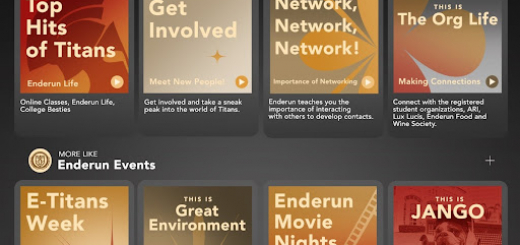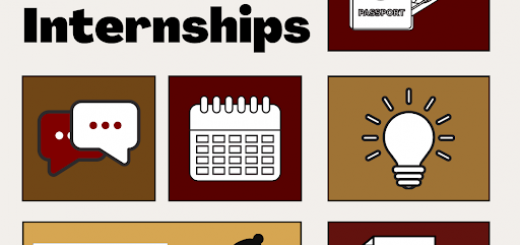From Real Life to Screen Life: How Making Friends Has Changed

Before the pandemic, we remember having those moments of randomly striking up conversation with our seatmate, running into a random person at the staircase, or even being introduced to each other through organization work. Back then, those interactions were face to face and it felt more natural to try and start a conversation. It was not until the pandemic did making friendships suddenly become a lot more digital.
The pandemic has changed not only how we make friendships but also how we maintain the existing relationships we already have. These changes both bring positive and negative effects.
On the negative side, the pandemic has made finding new friends a lot more difficult and staying connected to existing ones a bit of a task. Being stuck in the online class where you do not feel as present beside each other can limit how much interaction really happens. Not having that time in between or after classes to hang out has also reduced the time we get to spend with friends or potentially invite people to spend time with us.
Now it feels like there is a genuine effort that needs to be made to connect with a person. When there is so much distance and your only window is the screen, you do have to work a bit harder to keep the conversation going. It can be harder to read reactions and feel like the relationship is going somewhere. And oftentimes, that can be a bit demotivating and frustrating. Sometimes, it can even make you feel bad. But according to studies made on the topic, you should not feel bad for feeling a little exhausted to talk to people or to meet new people online.
Krystal Jagoo from a 2020 Very Well Mind article states that it is possible that feelings of burnout and exhaustion may be due to “Zoom fatigue.” Like the name suggests, this is when an individual is fatigued from excessive time spent in online conference class or in general, by the time spent online. And since the beginning of the pandemic, our usage of technology to attend video calls whether for class or meetings has increased ten-fold.
As stated in her article, Zoom fatigue is a real thing and one should not feel bad for feeling that way. It is only normal to get overwhelmed with this pressure to look alert during meetings or maintain steady eye contact. Doing these has been proven to use more of our brain power and cognitive abilities than what we are used to in face to face settings.
In times like that, there are ways to help alleviate those feelings. That starts with advocating for yourself to take a break. Even if it’s just for a few minutes to catch your breath without the camera on, do it. Next would be to set boundaries about when to work and when is rest time. Having those set times of when is work and when is rest and not overstepping them can help ensure you do not overwork yourself.
But even with the bad, comes a lot of good with online friendships. According to an article from Jane Hu for The New Yorker, the time away from everyone has made us realize which friendships truly matter in the grand scheme of things. While it has made it harder for us to reply to everyone, it has made us choose who are the people who we truly want to keep in our lives. It has also made us want to reach out to the people who have drifted away from us. We used to make those excuses that we’d wait until we could be face to face, well now you have no choice but to just text or to video call. So don’t wait for this to be over. Text that person.
Another thing that has changed is that, because we are more selective of who we constantly communicate with, it ensures that when we do make the effort to continually engage, these are people we know will be worth it.
But even with selecting who to keep from your existing circle of friends, we as people still want to meet new people. While it may seem hard, it is actually still very possible. In another article by Jagoo, she explains that some tips to build a good and long lasting friendship would be to think about what you personally need and want out of it. There may be some universal factors like having common interests or beliefs, but she states that what you want out of a friendship can look different from person to person, so that is something you have to assess for yourself.
Once you have done that, you can start making those connections happen. A 2021 article by Sulagna Misra for the Harvard Business Review lists the following Do’s and Don’ts for getting the most of out your online friendships:
Do: Choose the platforms and communities that you care about.
Don’t: Be everywhere.
Do: Connect with People you Like
Don’t: Connect with everyone — especially the haters.
Do: Build connections with people who bring out the best in you
Don’t: Stay with connections that bring out the worst in you
It can be easy and tempting to want to just talk to everyone and anyone. With the vastness of the internet space, it can be a rabbit hole. But precisely because too much of these interactions can cause online burnout, it should make you more selective to who you really want to connect with for long periods of time. Friendship making will never be easy, but you can do yourself a favor by already narrowing it down so that it’s not too overwhelming. You will not always make the connections you want, but you will eventually find the ones that you need.
Overall, the world of friendship has changed forever because of the ongoing pandemic. While some of us have made friends we have yet to meet, some of us have reconnected through online interactions, or some of us have even let people go, it all boils down to doing what you know is best for yourself. Friendships are some of the most important connections we have needed to stay sane during these difficult times, so be sure that the ones you are keeping are making you as happy as you make them.





